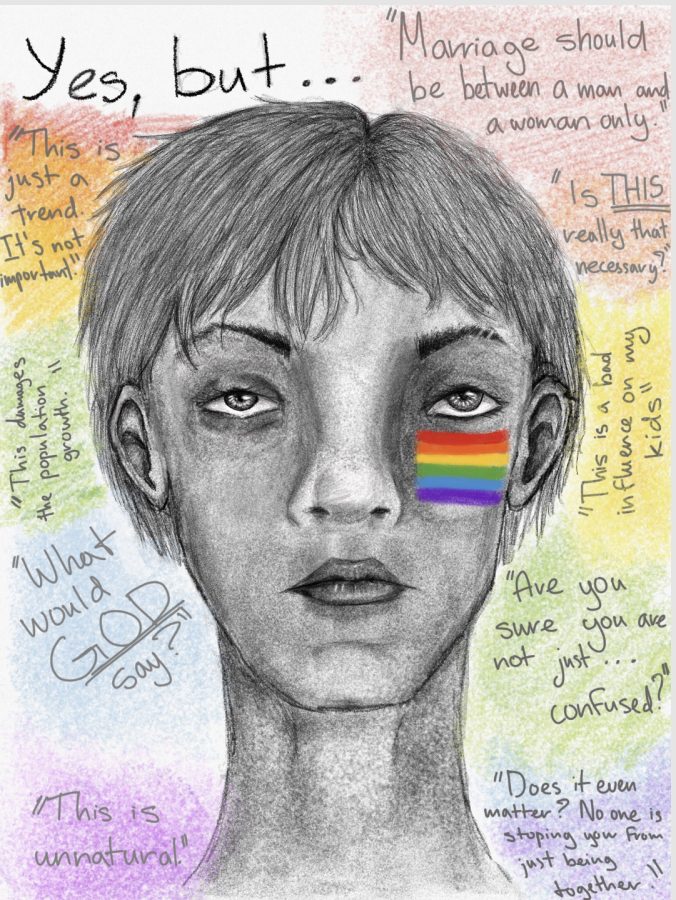Oui, je le veux
As we all know, same-sex marriage was legalised in Switzerland on September 26th, 2021. It is the last Western European country, excluding Italy, to legalise gay marriage. Switzerland is known as a haven for equal rights and social progress, so why is it so late to the party?
Here are the facts.
One of the first steps to gay rights in Switzerland was the recognition of civil partnership. In 2005, 58% of the population approved a law legalising same-sex partnerships, giving them legal protection, but only in terms of taxation, social security, and possession of dwelling (occupancy of a house). All Western European countries, as well as Greece and Romania, had some form of recognition for same-sex couples by 2007. Only the Netherlands, Belgium, and Spain had legalised gay marriage.
However, same-sex couples in Switzerland were still unable to adopt, visit fertility clinics, or achieve naturalization through marriage. In 2010, LGBT organizations started the campaign ‘Same Chance for All Families’, demanding equal adoption rights. The Legal Affairs Committee then unanimously voted in favor of this petition, but it was rejected by the Federal Council. It would take countless committees and councils until 2018 to implement full adoption rights for gay couples. Again, apart from Italy, Switzerland was the last Western European country to achieve this.
At first, the main opposition to homosexuality and legal recognition of it appears to be the Catholic Church. Like its neighbour Italy, perhaps it was Catholicism that was the main enemy to gay marriage in Switzerland. In June of this year, a Gay Rights Bill was passed in Italy. The Vatican responded with heavy criticism, claiming that the bill infringed on basic religious rights. This isn’t the situation with Switzerland, however. Roman Catholicism is the majority religion in Switzerland, but only about 36% of the population are Catholics. Additionally, major cities, like Zurich and Basel, have a large atheist population. It’s safe to say that while religion may influence rural Switzerland, it most likely isn’t the perpetrator of this issue.
Switzerland works under a direct democracy. While this gives citizens a say in many decisions made by the government, it also allows a small number of citizens to challenge the law. This means that, if citizens want to challenge a law passed by parliament, they may do so by gathering only 50,000 signatures. This then leads to a national referendum where the law is passed or rejected. This is exactly what happened on the issue of same-sex marriage. The right-wing Federal Democratic Union, with support from the UDC and the Christian Democratic Party, gathered 60,000 signatures against gay marriage in April of this year. The referendum in September followed. The media seems to blame direct democracy as well. In a 2018 Guardian article, referendums were referred to as a ‘marketing tool’ for the right wing populism of the Swiss People’s Party.
Switzerland is a country with deep, conservative values. Central cantons, including Valais, still have overwhelming support for far-right parties. In the early 2000s, it did many things right, but progress dwindled over the years. Now, it would seem that direct democracy has worked in favor of gay rights. But is it getting in the way of social progress?

Hi! My name is Sharanya and I'm 17 years old. I enjoy expressing my (strong) opinions through op-eds. I am passionate about debating, poetry, and injustice....





